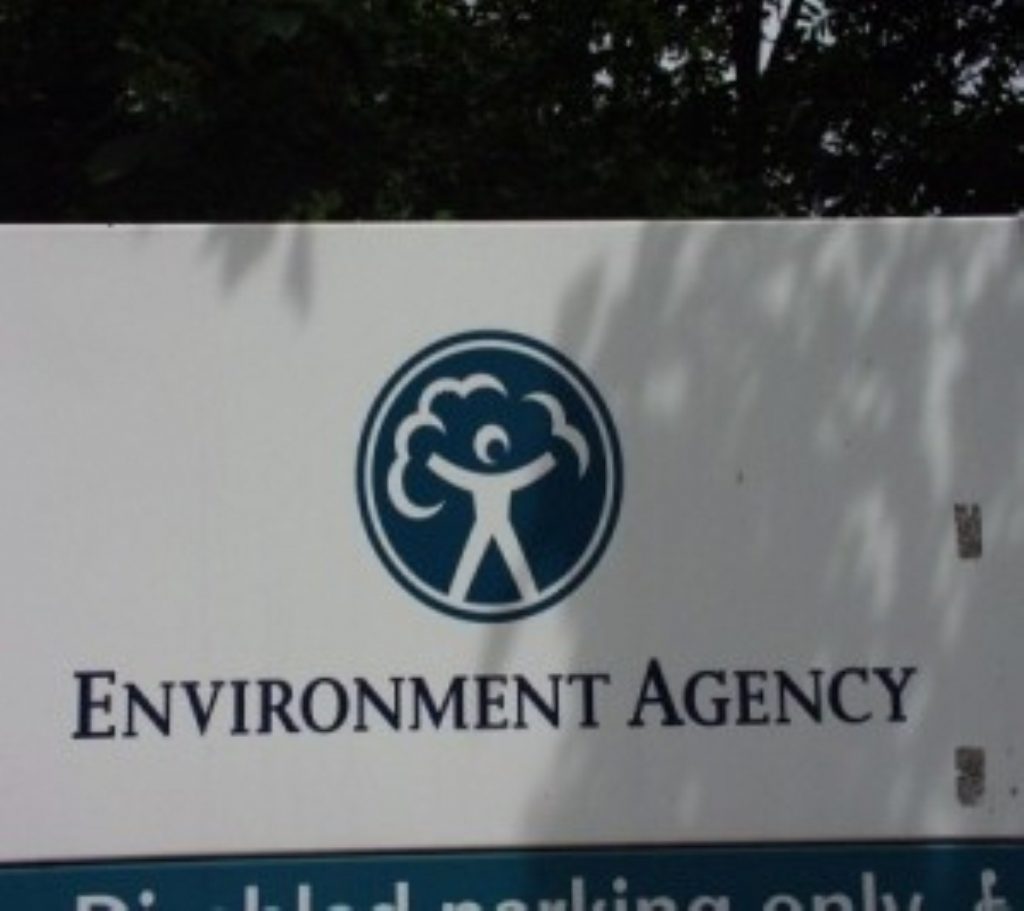Pollution fines still too low, says Environment Agency
The chief executive of the Environment Agency has said that she believes that polluting fines are too low, but that they are making progress on tackling offenders.
In a new report the Environment Agency points to a 43 per cent fall in pollution incidents from industry over the last two years.
Barbara Young said: “Overall, these are encouraging results which show that modern regulatory techniques are bearing fruit. Our risk-based approach – paying more time and attention to high risk, poor performers and taking a lighter touch with those who demonstrate responsible environmental management – is paying off for both business and the environment”.
There were big improvements in the performance of the waste and farming sectors, but the water industry and the construction sector saw a big increase in incidences, with a 25 per cent increase in pollution incidences in the water industry.


Overall, the Environment Agency prosecuted a total of 266 companies in 2003, resulting in total fines of over £2.2 million.
Ms Young said: “While the Environment Agency still contends that fines for environmental offences are too low, environmental responsibility does appear to be being brought close to home for an increasing number of individuals, with a harder line taken by the courts for deliberately ignoring risks to the environment and public health.
“Company directors and sole traders who try to increase profits at the expense of the environment should take note that a personal fine or a criminal record could be on the cards.”
In 2003, 11 company directors were personally fined up to £20,000 for pollution incidences, and 23 individuals received Community Punishment Orders, nearly ten times the number handed down five years ago. Seven people were also sent to prison for environmental crime.
Speaking at a press conference to launch the report, Ms Young went further in her criticism of business, saying many do not take environmental damage seriously and “are going through the motions” in their corporate reporting.
She called on the Government to make corporate reporting on the environment mandatory, and for companies to be hit with higher penalties that reflect the damage they do to the environment.
Ms Young said: “Businesses at the boardroom level need to take the environment more seriously.” She argued that corporate reporting of environmental and social matters should be compulsory, as current reporting was not producing a comprehensive picture of companies’ environmental performance. Requiring every ‘substantial’ business to provide data on some basic areas would not be too onerous, she added.
She also attacked a recent CBI report on the environment, describing it as “crap” and an example of the CBI doing “its dinosaur thing” because it had, she said, presented the environment as a potential cost, not an opportunity.
Ms Young said that the Agency is looking at schemes operating elsewhere in the world, such as black-listing of companies with poor environmental records when procuring services, to see whether regulation in the UK can be further tightened.
The Confederation of British Industry’s (CBI) director of business environment, Michael Roberts, said: “Firms are not trying to avoid meeting their environmental obligations. Responsible companies view fair enforcement, backed by effective sanctions, as an important part of their operating environment.
“But British business also invests £4 billion a year complying with environmental regulation and is already due to comply with additional requirements in future years. The Agency’s focus should therefore be on more effective delivery of its risk-based approach to enforcement rather than adding yet more business regulations.”
The Green Party however called for tougher action to be taken against corporate polluters.
Caroline Lucas MEP said: “The reported rise in successful prosecutions for environmental offences is a step in the right direction, but it does not go nearly far enough.”
“The Environment Agency’s small successes are a drop in the ocean. Just eleven directors were fined and seven custodial sentences handed down in a whole year. Average fines for business have, it concedes, actually fallen over the last year.
“A serious approach to environmental protection requires tougher legislation and courts who will enforce it.”

